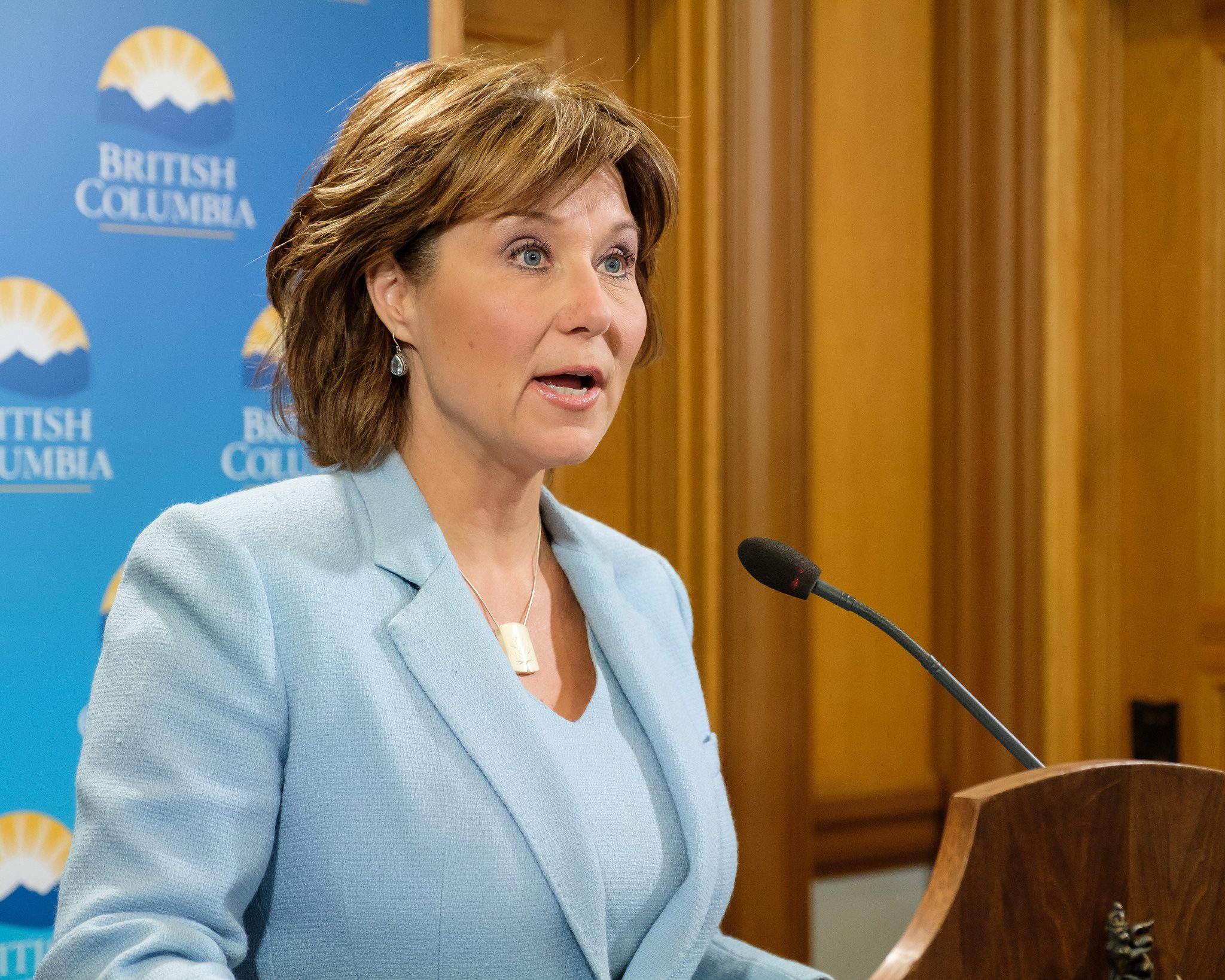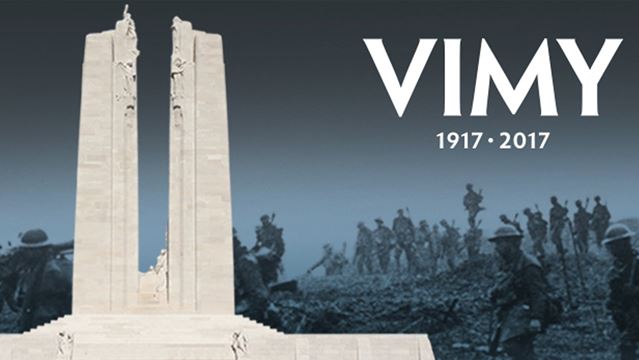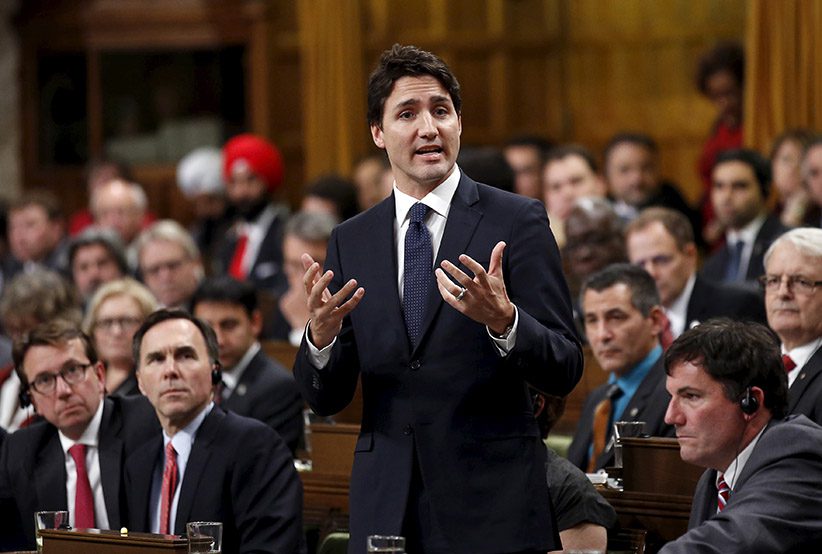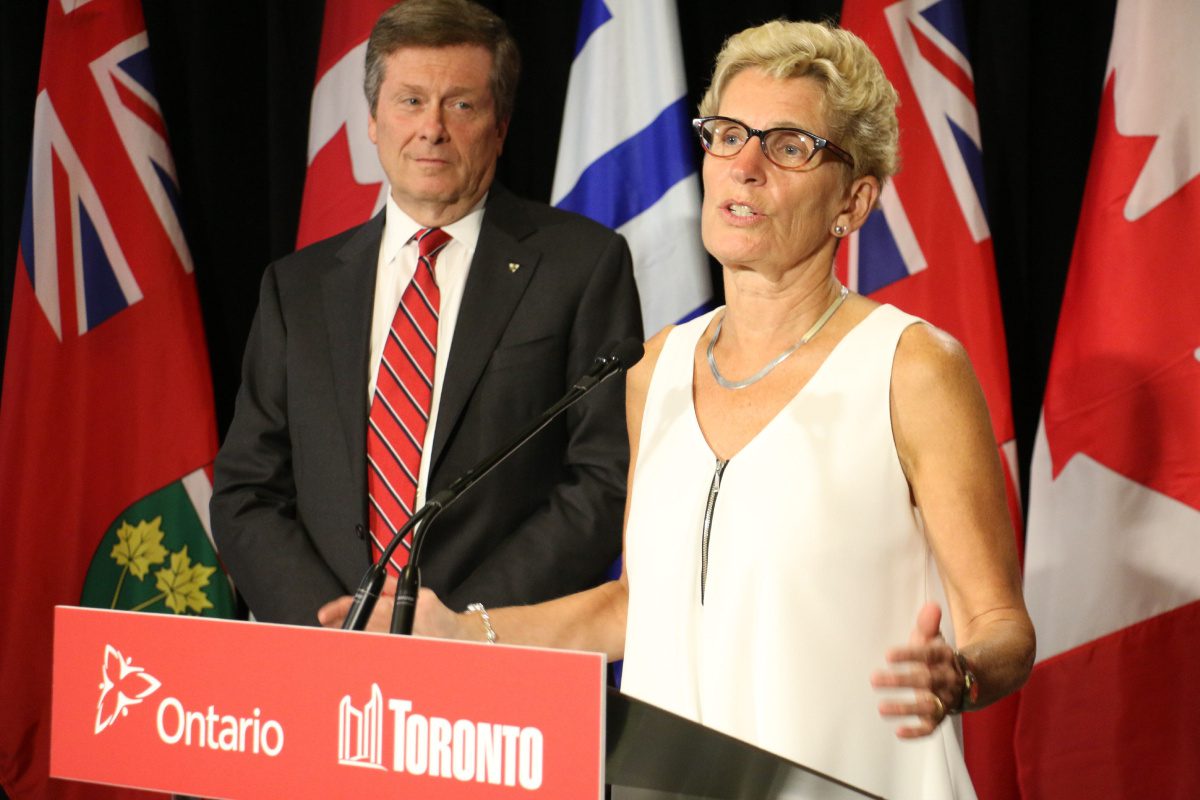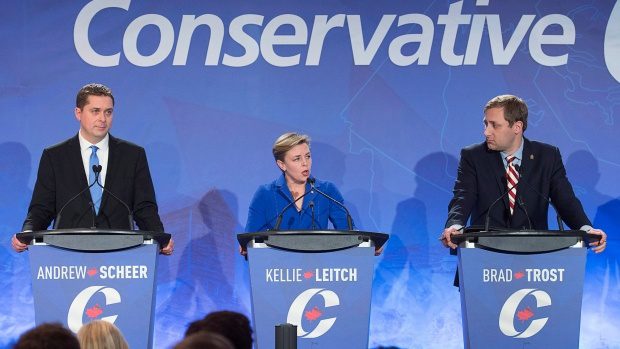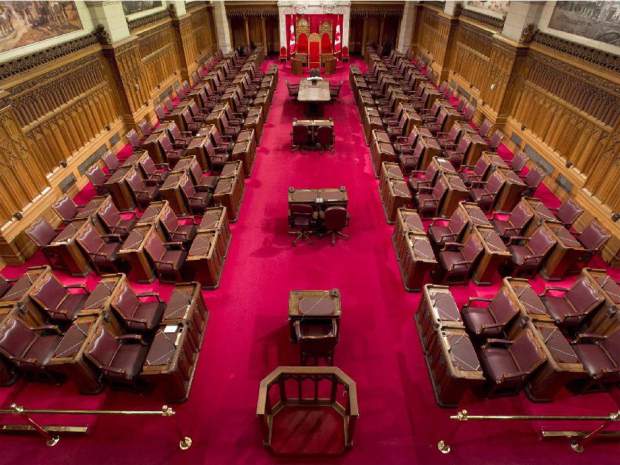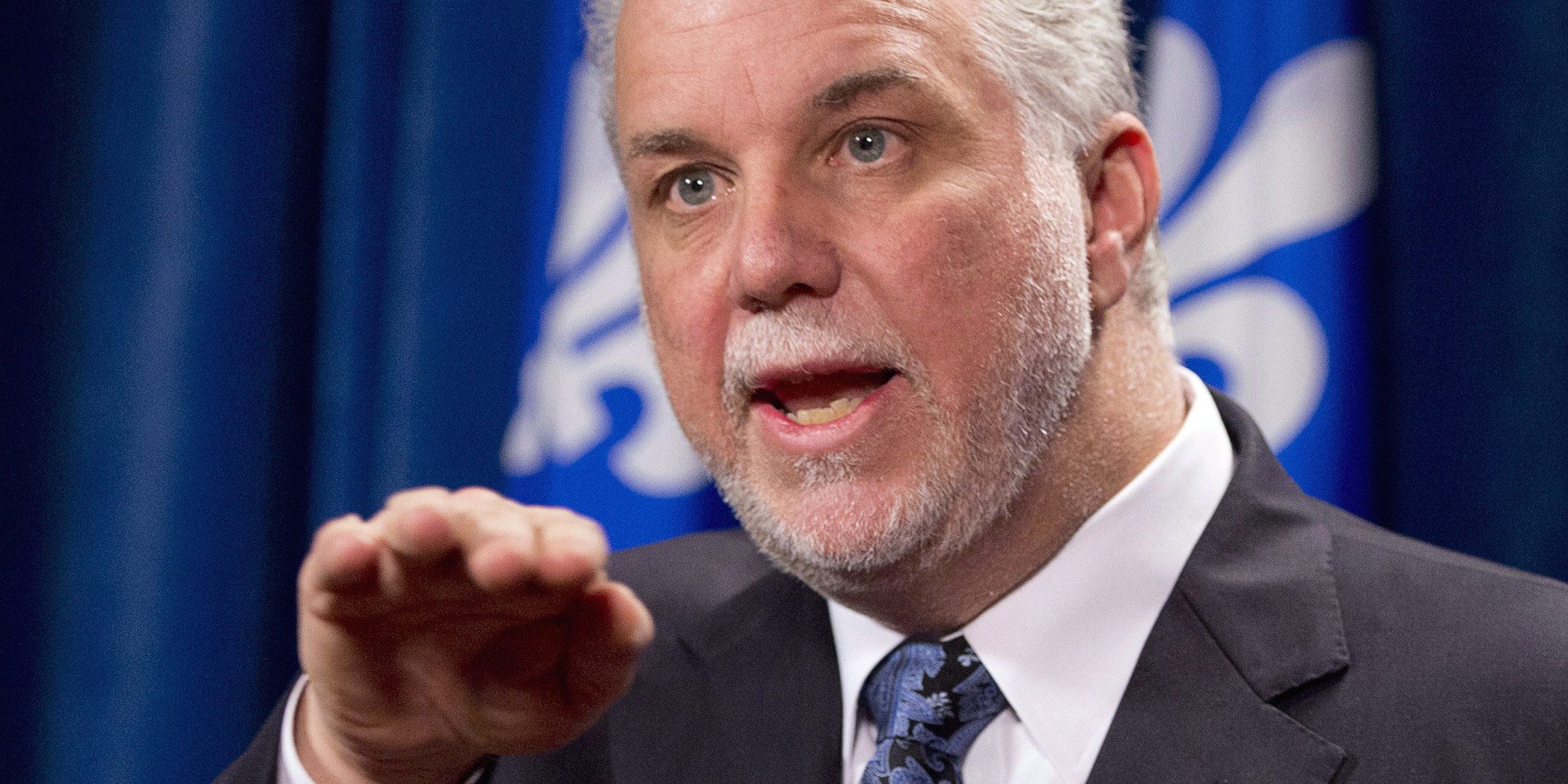As BC families gathered to feast on Easter Ham and chocolate eggs, the less-than-a-week old election campaign was a likely topic of discussion. The election campaign has been unofficially underway for weeks in the province and voters have not made up their minds yet.
It has been over 20 years since the NDP won an election on the West Coast. Christy Clark is attempting to secure a fifth consecutive term for the Liberals. Only Wacky Bennett's Social Credit achieved this, winning 7 elections in a row in the 50s and 60s.
Just like in 2013, the NDP is ahead in the polls over the governing Liberals. Though in 2013 the NDP had a 20-point lead early on, this time around only a couple of points are separating the two main parties. Adrian Dix ended up squandering that lead, but can John Horgan succeed in putting an end to the Liberal reign? To win, Horgan will have to hold all the NDP seats and get at least another 10.
Christy Clark is playing the same card played by the BC Liberals over the past two decades: the opposition will kill jobs and jeopardize economic growth with higher taxes and deficits.
You see, the BC Liberals are a "free enterprise coalition", a coalition of liberals and conservatives designed to keep the NDP out of power. This coalition was first established in the 40s, when the Liberal and Conservative parties ran a joint slate to stop the ascension of the CCF. The coalition split before the 1952 election, but the CCF didn't benefit the Social Credit did. Over the next decades, voters slowly abandoned the Liberal and Conservative parties and the Socreds became the new right wing coalition; until its ultimate collapse and the resurgence of the BC Liberals.
If you were to take a peek inside their headquarters, you would find Senior Trudeau Liberals and Senior Harper Conservatives working hand-in-hand to defeat the NDP. Which is saying a lot about the true nature of the Federal Liberals, actually. But I digress.
John Horgan has a few things going for him. After 16 years in office, the Liberal government is more and more disconnected from the population. Voter fatigue is setting in. Scandals are piling up, notably surrounding the Liberals' fundraising practices which led the New York Times to label British Columbia the "Wild West" of political fundraising. The New Democrat caucus is united and the slate of candidates is cautiously optimistic.
Despite Premier Rachel Notley's decision to ban Alberta New Democrats from campaigning for their anti-Kinder Morgan pipeline BC cousins a decision that does not sit well with many New Democrats considering how many went to Alberta in 2015 to help her to victory Horgan says his campaign is fully staffed and that plenty of volunteers are showing up to canvass for his orange team.
To win, the NDP must prevent the rise of the Green Party. That is the key to victory. Green leader Andrew Weaver, the first Green Party MLA in British Columbia's history, is asking voters to give his party a chance. The Green Party is hovering just below the 20% threshold, one that would see many Greens sent to Victoria. The Greens are poised to make gains on Vancouver Island, at the expense of the NDP.
Dealing with the Greens is tricky for New Democrats. The Green brand is perceived positively by most British Columbians. New Democrat voters, and even activists, do not like direct attacks against the Greens. They are not the enemy, they are nice people, if slightly misguided.
Attacking the Greens on policy is difficult, because most people who consider voting Green are not doing it because of their stance on health care, education or job creation. On the environment, no matter how hard you try, you will not out-green the Green Party in people's mind even if you actually do on paper.
Can the NDP implement a strategic voting campaign and sway enough people to vote for them in order to oust Clark on May 9th? The data suggests that it is a possibility.
The most recent Mainstreet Poll shows that over half of the NDP voters have the Green Party as their second choice. And half of the Green voters have the NDP as their second choice. This means that almost a third of the BC electorate are potential Orange-Green switchers. If a majority of them go orange, John Horgan will lead a strong, stable, NDP majority government. But if a majority goes green, Premier Clark will remain Premier and the Liberals will be in power for a 5th consecutive mandate.
Photo Credit: The Tyee



